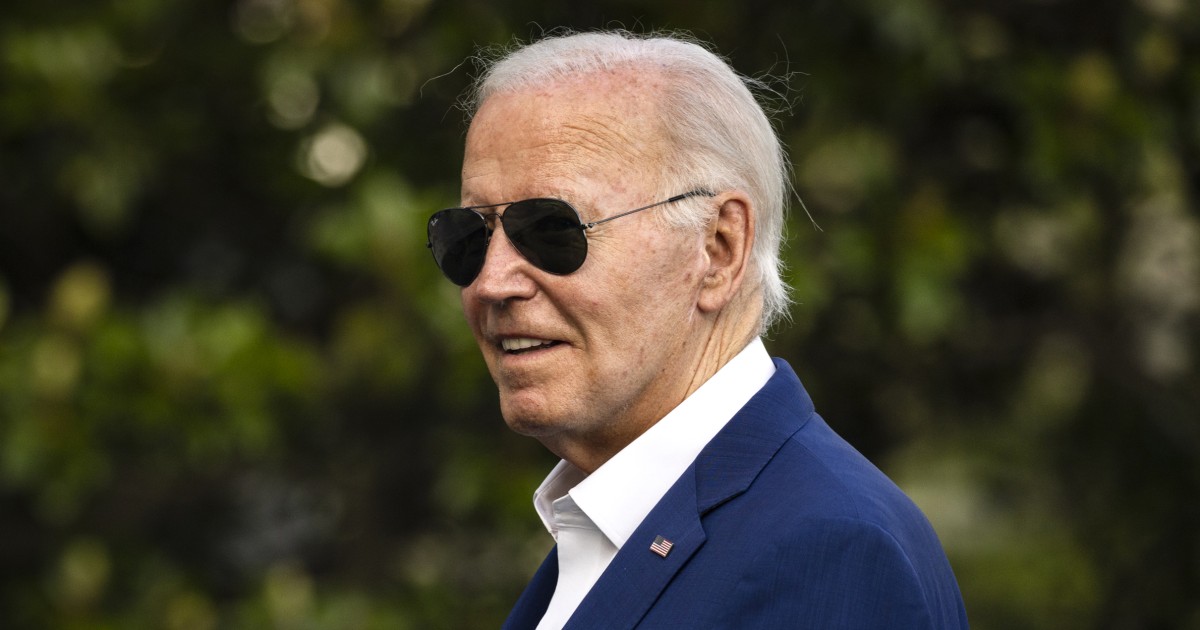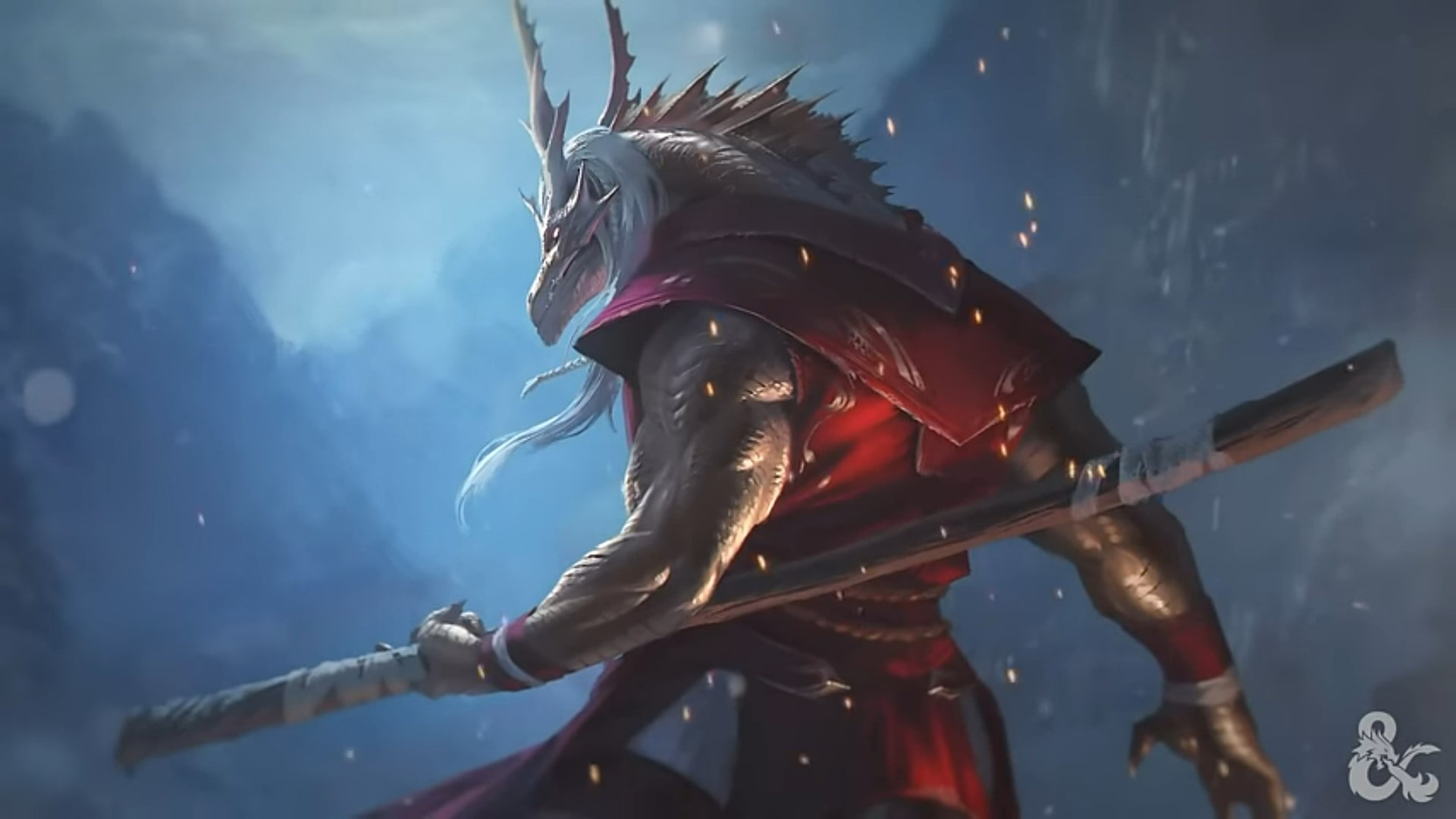WASHINGTON — President Joe Biden reached the White House after two terms as vice president and nearly four decades in the Senate — an establishment résumé if there ever was one. But facing calls to abandon his re-election bid, Biden is now framing his fight for political survival as “party elites” versus the voters.
Biden’s current posture of defiance is rooted in his — and most of his inner circle’s — conviction that many of those calling for his ouster were never firmly behind him to begin with, according to multiple people familiar with their thinking. Biden made the point, angrily at times, in an 18-minute interview Monday on MSNBC’s “Morning Joe.”
“I don’t care what those big names think,” Biden said after the hosts listed some prominent Democrats who’ve called for him to step aside. “They were wrong in 2020. They were wrong in 2022 about the red wave. They were wrong in 2024.”
The uncertainty and fear about what happens if Biden appears on a ballot against Donald Trump is a large factor driving the nervousness in the party. Lawmakers, on a congressional recess since Biden’s shaky debate performance, returned to Washington on Monday, allowing face-to-face discussions about his viability and the potential contingencies if he were to step aside.
For now, Biden’s advisers argue his standing in the polls hasn’t shifted enough to justify the level of panic among elected officials and pundits or the coverage in the media about his debate performance. But Biden contended in a letter to Democratic lawmakers that the public hand-wringing is making a difficult situation even worse.
“Any weakening of resolve or lack of clarity about the task ahead only helps Trump and hurts us,” he wrote.
He called the anxiety among Democrats a distraction in a call with donors Monday, according to quotes provided by the campaign.
“We can’t waste any more time being distracted. I have one job, and that’s to beat Donald Trump,” Biden said.
Democrats are starting to echo the idea that internal fighting is hurting them.
“There’s one thing to learn from Trump and Republicans: Make a decision and move forward together,” said a delegate to the Democratic National Convention, saying the backstabbing and the sniping need to conclude quickly because they’re hurting the party and whoever ends up as the nominee.
Biden has always pitched himself to voters as grounded in the sensibilities of middle-class families and constituencies like unions and Black voters despite his decades in Washington. As a senator, he commuted by train daily from Delaware. He also required his staff — including aides on the Judiciary and Foreign Relations committees — to work shifts doing constituent service in his state offices or hold meetings outside Washington.
Biden has been encouraged to fight by his family, polling that has found no dramatic shift and the backing of some of his key supporters, according to a source familiar with his thinking.
Biden is in a “staring contest” now with elements of his party that never fully supported him, a close ally said. Another source close to Biden said: “Joe Biden’s weakness is his age. Everyone else has weaknesses, or they’ll make them up. But no one else is tested.”
Biden made campaign stops in Pennsylvania on Sunday and ramped up his outreach — and solicitation of advice — beyond his most loyal core circle of advisers. A former Biden official had spoken to him daily since the debate, the official said, after not having had that kind of contact for months.
Biden held a call Saturday with campaign co-chairs, who offered him more unvarnished feedback, said a source familiar with the discussion. One advised him to do the same kind of call with House and Senate candidates most at risk of losing their seats in November, most of whom have remained silent about Biden’s future.
When Biden stumbled during the crowded 2020 Democratic nominating contest, his campaign would engage in one of two tactics — focusing on Trump and emphasizing that the Democratic winning coalition was far broader than the overwhelmingly white electorates of Iowa and New Hampshire and the elite voices in the media and on Twitter.
“We’re hearing all these pundits and experts and cable TV talkers talking about the race. Tell them it ain’t over, man, we’re just getting started,” Biden said at a hastily arranged rally in South Carolina on the night he finished fifth in the New Hampshire primary.
Biden told the predominantly Black audience that night that “too often your loyalty, your support, your commitment to this party have been taken for granted.”
Biden has turned to both strategies in the past 72 hours. On Friday, he offered some of his strongest denunciations of Trump at a rally in Wisconsin, calling for his political “exile” and warning that the Supreme Court’s recent immunity decision would make him a dictator. On Monday, Biden’s campaign highlighted the continued support from key members of the Congressional Black Caucus.
In his MSNBC interview and during a call with campaign donors Monday, Biden said that despite the panic among party elites, his campaign has seen an influx of support from grassroots donors and campaign volunteers. His assessment came in part from his conversations with campaign officials during his recent campaign stops.
Wisconsin Democratic Party Chairman Ben Wikler said in an interview after Biden’s rally in Madison on Friday: “People who are reading the New York Times editorial page and refreshing their Twitter feed are trying to figure out what’s going on and what should happen next. The people who are talking to voters and putting in volunteer shifts are finding that, for the general public, this is absolutely a winnable election. The key question is how hard we’re ready to do the work.”
Trump’s campaign dismissed the idea that Biden could make headway by assailing the elites.
“Hard to be railing against what you literally are the definition of,” Trump top adviser Chris LaCivita said. “Joe Biden has perfected the art of selling access (and his son in selling paintings).”
The challenge Biden now faces is to find a big moment to demonstrate his electoral viability, with more than two months until a second scheduled debate and 119 days until Election Day.
“The point of the debate was to draw Trump into the conversation more. We’ve done the exact opposite,” a concerned Biden ally said. “Even if Biden has passable performances for the next four months, there is no story between now and Election Day that will not be about this.”
Biden will have only heavily scrutinized public appearances in the week ahead, including a news conference Thursday at the NATO summit, a campaign trip to Michigan on Friday and then events next week in Texas and Nevada geared toward Black and Latino constituencies.
A Biden campaign official said they the campaign is confident the focus will return to Trump, especially when the Republican National Convention begins next week.
“The only constant in politics is change,” the official said.

